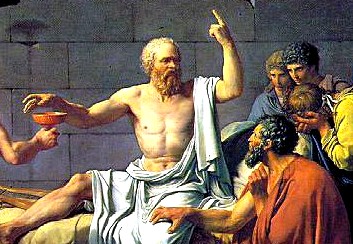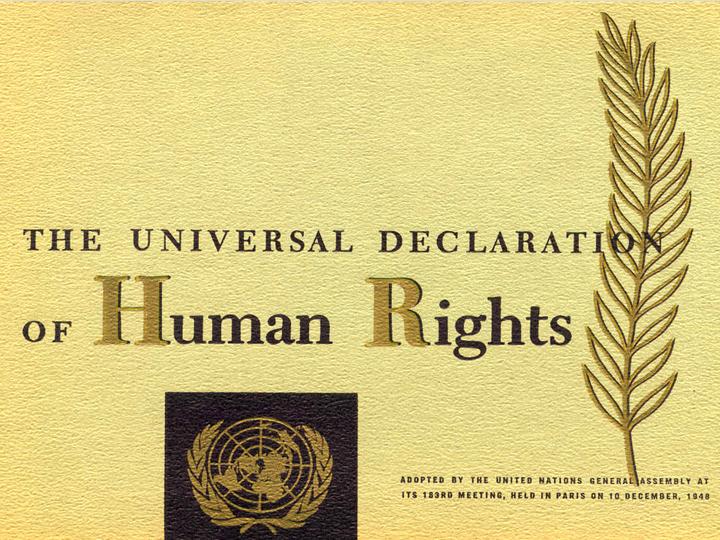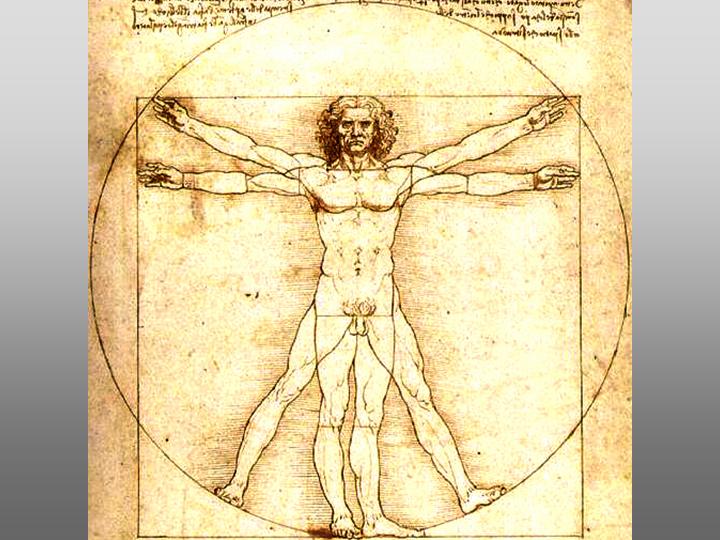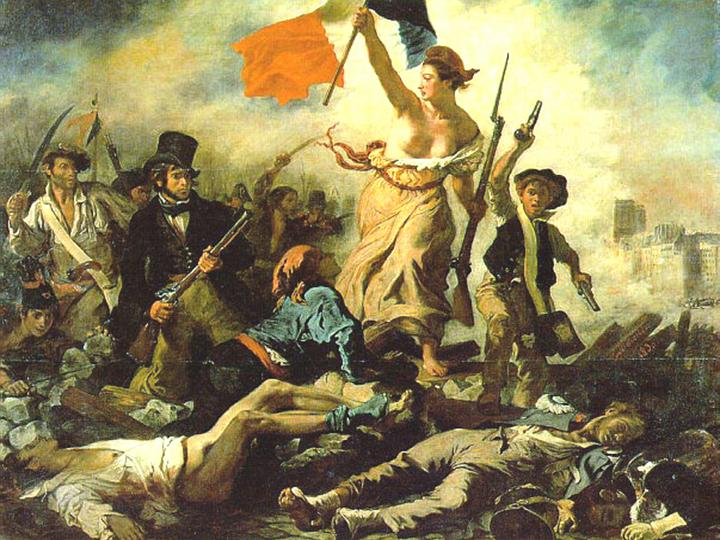Home
 10 Pillars 10 Pillars  Map Map  Tree Tree
 Rationale Rationale
 Forum Forum
 About About
 Terms Terms
 Contact Contact
|
Search
top academic & professional resources |
||||||||||||||||||||||||||||||||||||||||
 Philosophy |
Loading
|
||||||||||||||||||||||||||||||||||||||||
|
|||||||||||||||||||||||||||||||||||||||||
Philosophy is an
academic discipline that seeks truth through reasoning. It
studies the essence of human existence and the meaning of
life, establishes the foundations of human thought, and discusses the
fundamental issues underlying all fields of human knowledge, action and
creativity (C. Zins, 2011).
 ©
©
 Philosophy of philosophy
Philosophy of philosophy 2. Civilizations
 ...
...3. Time
 ...
...4. Branches (by pillars)
 Philosophy of
knowledge (epistemology)
Philosophy of
knowledge (epistemology) Philosophy of science
Philosophy of science Metaphysics
Metaphysics Ontology
Ontology Philosophy of religion
Philosophy of religion Philosophy
of physics
Philosophy
of physics Philosophy of life
Philosophy of life Philosophy of biology
Philosophy of biology Philosophy of
mind
Philosophy of
mind Philosophy of medicine
Philosophy of medicine Ethics
Ethics Social philosophy
Social philosophy Philosophy of law
Philosophy of law Philosophy of economics
Philosophy of economics Philosophy of education
Philosophy of education Philosophy of
language
Philosophy of
language Logic
Logic Philosophy of mathematics
Philosophy of mathematics Aesthetics
Aesthetics Philosophy of technology
Philosophy of technology Philosophy of history.
Philosophy of history.5. Schools
 ...
...6. Philosophers
 ...
...Post your proposed structure!

Philosophy
is the most important of all disciplines. What is the meaning of life?
is the most important of all explorations. The quest for the essence
and meaning of life is universal, but the answer is personal.
The essence of life is embodied in life. The meaning of life is embodied in the quest to know who you are, where you come from and where you are going, and to whom you are accountable for your deeds (C. Zins, 2011).
The essence of life is embodied in life. The meaning of life is embodied in the quest to know who you are, where you come from and where you are going, and to whom you are accountable for your deeds (C. Zins, 2011).

Philosophical knowledge. Philosophical works compose the subject-based knowledge of philosophy. This part includes all philosophical works on knowledge, the supernatural, the universe, the living world, and humans.
Subdivision. A subdivision of philosophy is subject to philosophical discussions. Five characteristics emerge as very useful: civilizations, eras, branches, schools (e.g., Existentialism, Phenomenology), and philosophers (e.g., René Descartes (1596–1650), Immanuel Kant (1724–1804), Edmund Husserl (1859–1938)).
Civilizations. The main civilization-based divisions are western philosophy, and eastern philosophy.
Time. The main periods are ancient philosophy, medieval philosophy, renaissance philosophy, modern philosophy, and contemporary philosophy.
Branches. The main branches (by pillars) are epistemology (philosophy of knowledge), philosophy of science; metaphysics (phenomena beyond our senses), ontology (the real nature of things as they are), philosophy of religion (mysticism and religion); philosophy of physics; philosophy of life, philosophy of biology, philosophy of mind (as mental phenomena), philosophy of medicine; ethics (human behavior), social philosophy (society and politics), philosophy of law, philosophy of economics, philosophy of education; philosophy of language, logic (relations among thoughts), philosophy of mathematics, aesthetics (art); philosophy of technology; and philosophy of history. (C. Zins, 2011).
Reflections
| 中 文 English Français Deutsch עברית 日 本語 नेपाली Polski Português Română русский Српски Español More.... |
a must for your library
Chaim Zins, Knowledge Mapping Research, 26 Hahaganah St. Jerusalem, 97852 tel: 972-2-5816705 chaim.zins@gmail.com









